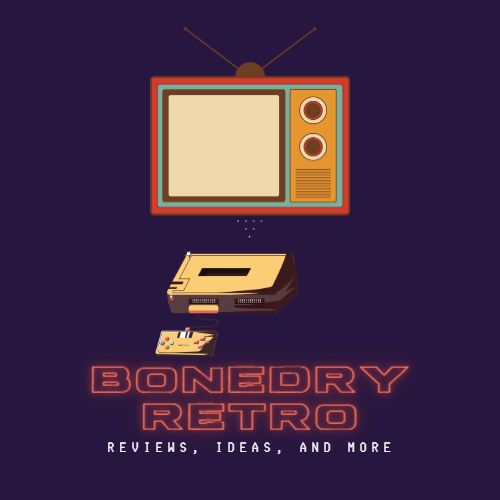

So, when a great game is bestowed upon me, I have to constantly second guess my opinion, just to be sure that what I say about the game is as accurate as possible. Which brings us to the latest hunk of plastic that has found its way onto my desktop. To the uninitiated, it is known as Baldur's Gate II - Shadows of Amn. To those who know more, it will be known as Gaming Heaven. Bold words, I know, but I am a man with bold tastes, bold clothes, bold breath, and bold opinions when it comes to my games. Read on, I think you might actually agree with me on this one.
It started in 1996. At that time, the folks at Bioware, a small development firm in Canada, decided to do an RPG. They had minor success with Shattered Steel, a mech-style game with somewhat of a cult following. The interest in doing an RPG came from extensive experience playing both pen and paper and computer RPGs. The boys at Bioware have cited games like Wizardry, The Bard's Tale, Ultima Underworld, and such as sources for their inspiration. The idea was to take the great things from Computer RPGs, and meld them with the high points of a pen and paper RPG session. Even the greatest RPGs to date lacked any real pen and paper feel, including Dungeons and Dragons' own games released by SSI.
Baldur's Gate was supposed to be the epitome of a balanced RPG, and I think I would be repeating known information by saying the game was a success. Bioware did an expansion pack, Tales of the Sword Coast, which was another success. On top of the fact that the expansion pack sold well, it started a positive trend by not only extending the game, but by also fixing problems with the original release. It's all about innovation, baby.
The most impressive aspect of Baldur's Gate was its engine, dubbed The Bioware Infinity Engine. Black Isle Studios / Interplay saw the way that this engine offered above average graphics, smooth gameplay, and near-perfect implementation, and decided to make two other games based on it. Without Bioware's development help, they created Planescape: Torment (arguably the best RPG ever) and the more action oriented Icewind Dale, an excellent RPG in its own right. Both games offer the same level of immersion, further touting the beauty of this now two-year-old engine. And, interestingly, both Black Isle games offer a glimpse of what's to come in Baldur's Gate II. As a matter of fact, Baldur's Gate II is an almost direct melding of these two games. But more on that in a minute.
With the original Baldur's Gate selling a ton of copies, the pressure was on Bioware to deliver a sequel worthy of its predecessor's heritage. After over completing this 200-hour quest, I can tell you beyond the shadow of a doubt that they have succeeded in this mission. Baldur's Gate II is the perfect continuation of the series, and it excels in the minor details that make a game go from great to spectacular. Now, onto the game.
Baldur's Gate II picks up just a short time after your adventures in Tales of the Sword Coast. (Didn't play that, or the original, for that matter? Don't worry, there is an introduction movie that brings you up to date). After your victory over your half-brother, you are mysteriously captured by a powerful wizard Jon Irenicus, who wants to do 'experiments' on you. He is enthralled with the fact that you are a child of the God of Murder, Baal, and you must escape his lair before his experiments get out of hand. There to help you is Imoen, a mage / thief from the first game, and most likely, your main female squeeze, if you know what I mean. Imoen frees you, and then decides it is time for you to gather what your greedy hands can grab, and hit the proverbial road. Before you go, you can save two of your other Baldur's Gate 1 friends, Jaheria, and one of the best game characters of all time, Minsc. After the rescue, you must gather whatever gear you can find, and go bash some skulls.
Your first experience with Baldur's Gate II is not exactly overwhelming, and I think, in retrospect, this is a good thing. The area that you start off in is small, and doesn't really do the enhanced engine justice. The graphics are much cleaner, thanks mostly to the support for 800x600 resolution. At this resolution, the viewable area is widened, and the rough edges are smoothed out. There are other, unsupported modes for the display, that will go up to 2048x1056, but I don't suggest using anything over the 800x600, unless you have a huge monitor. The problem with the higher resolutions is that the characters become so small you can barely decipher between them and the enemy. Actually, if you have anything smaller than a 19" monitor, I recommend staying at 640x480, or possibly the 800x600, so long as it suits your taste.
Other than that, the graphics are really amazing this time around. The difference between this game and the original are immediately apparent. There are more 3D spell effects and crisper animations. Only, you don't get to see this game in its full splendor within the first area. The wizard's lair is plain and small, barely hinting at what's in store.